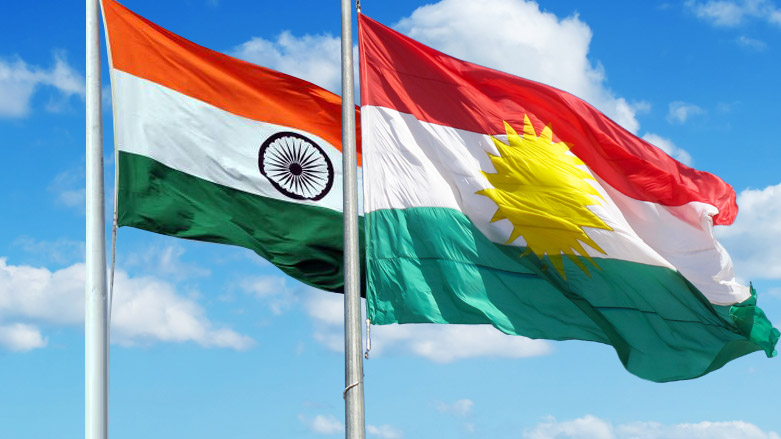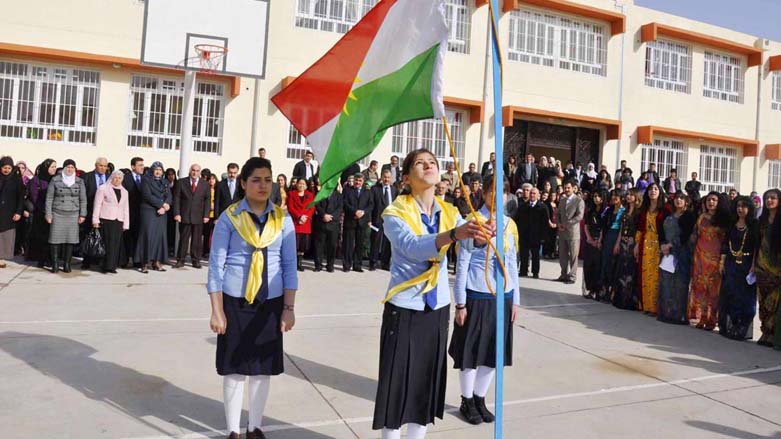Russia ready to work in agricultural, other sectors than energy in Kurdistan Region: Consul
%20(1).jpg)
ERBIL (Kurdistan 24) – Russia ready to further strengthen ties with the Kurdistan Region and cooperate in other sectors such as agriculture, Viktor Simakov, Consul General of the Russian Federation, affirmed on Sunday during an event in Erbil.
“Aside from the energy sector, we are prepared to work in other sectors with [the Kurdistan Region] as well, especially in the agricultural sector,” Simakov said through an interpreter.
The Consul General highlighted the ongoing operations of Russia’s oil giants in the region, noting that their continued work would “improve the economy of Kurdistan [Region].”
Gazprom Neft, Russia’s third-largest oil producer, first began operating in Iraq in 2010, in the southern province of Wasit. In the summer of 2012, the company entered into two other projects, this time in the semi-autonomous region.
The first was a product-sharing agreement with the Kurdistan Regional Government (KRG) for both the Garmian and Shakal oil blocks. In 2013, the company signed an additional deal for the Halabja block.
In late May of 2018, Russia’s Rosneft announced it had signed an agreement with the KRG to develop its oil and gas infrastructure, including the design of a new gas pipeline that could boost oil production in the Kurdistan Region up to 10,000 bpd by the end of 2018.
“Russian and Kurdistani relations have a long history,” Simakov said. “The beginning of these ties goes back to the time of Russia’s Tsar.”
“In the time of Mullah Mustafa Barzani, these relations developed further and now are expanding and improving even more.”
The event was attended by Kurdish and Russian officials wherein they highlighted the Russia Kurdistan Project (RKP), a private-sector-operated medical program designed to transport individuals with health issues or battle injuries to Russia for treatment.
The fees are subsidized and the patients are charged very little, and the project itself will be supervised by Moscow.
Editing by Nadia Riva
(The interview was conducted by Aras Ahmed)


